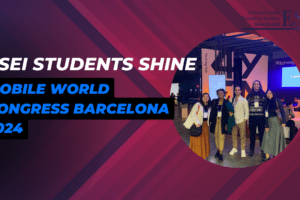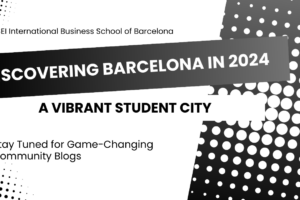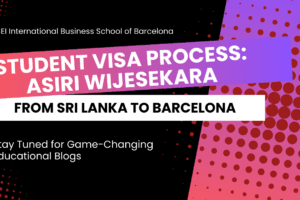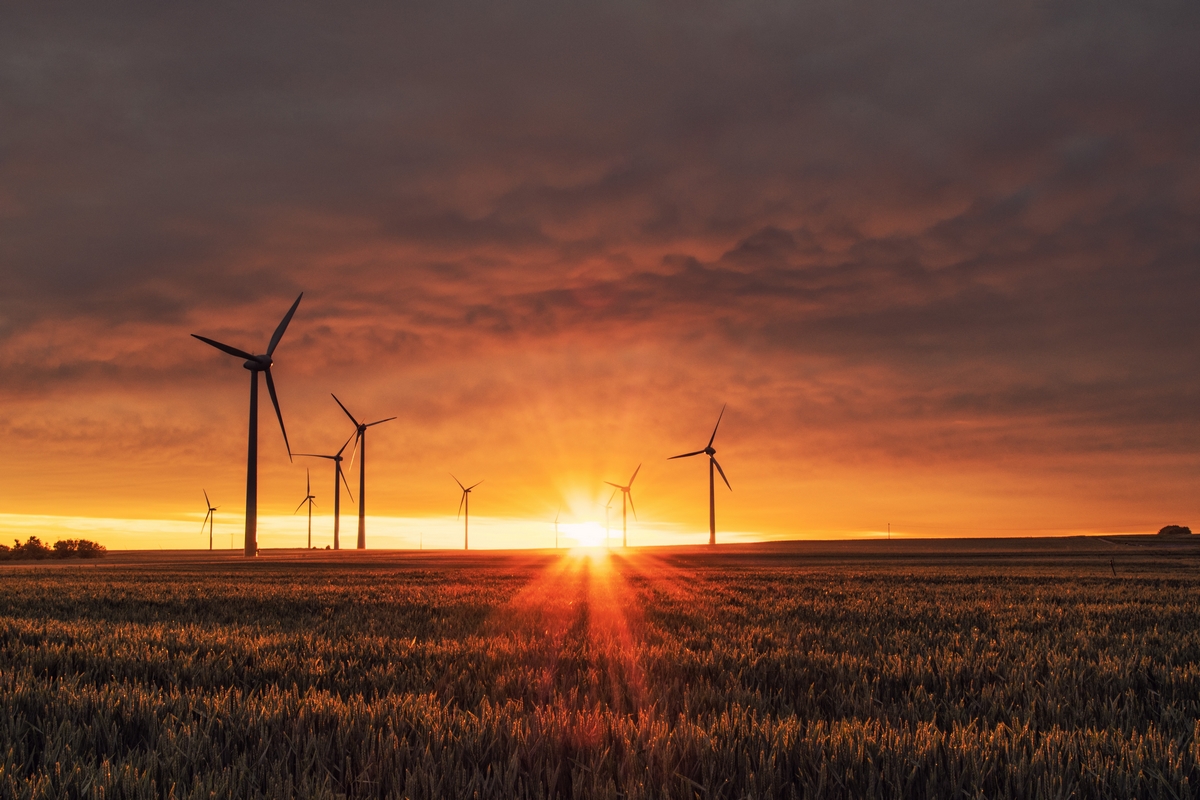
Two Barcelona startups helping to save the planet

Our society is becoming more and more concerned about the future of our world. After all, we’ve been warned that we have 12 years to save the planet from environmental catastrophe. For those of us who want to take responsibility for the damage that humanity has done to the Earth, the time to act is now.
As a business student at ESEI, you have the chance to make a difference. Impact Entrepreneurship and innovation are essential in preventing a global meltdown, and several successful companies have already proven that it is possible to have an environmental mission and a profitable business at the same time.
To inspire you, here are two Barcelona startups that are combating global environmental and sustainability issues. Both have come up with a scalable solution to a specific challenge that the world is facing, and they’ve managed to create a business plan to support it. Find out who they are and how they are trying to make the world a better place for us to live.
Eliminating plastic bottles: TAPP Water
The problem: plastic pollution
Two years ago, The Guardian published an article that deemed the world’s “plastic binge” just as dangerous as climate change. The figures are astounding: a million plastic bottles are bought every minute – that’s 20,000 bottles per second. By 2021, we could be consuming over half a trillion plastic bottles each year (480 billion will be consumed in 2019 alone).
All these discarded single-use bottles have a detrimental impact on the environment. By 2050, the ocean will contain more plastic than fish. Plastic pollution is destroying the world’s most pristine beaches; the bellies of fish and seabirds are full of plastic remnants; the toxins are making their way into our food and drinking water in the form of microplastics.
Worst of all, even though plastic bottles are made of highly recyclable material, only 7% are recycled and turned into new bottles. The remaining 93% are piling up in landfills and forming massive plastic islands that float on the ocean. For now, the circular economy of plastic bottles is but a dream.
TAPP Water’s solution
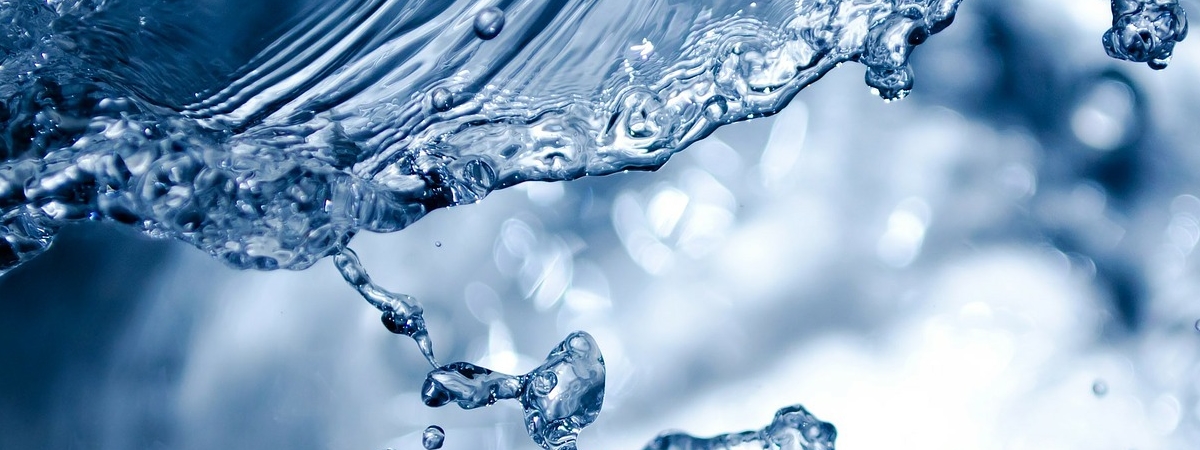
TAPP Water’s approach to this global issue is to reduce plastic waste by replacing bottled water with filtered tap water. The Barcelona startup has an ambitious, global objective: to avoid the purchase of 1 billion single-use plastic bottles by 2020.
Launched in 2016 by founders Alexander Schwartz, Magnus Jern and Rocio Alcocer, TAPP Water set out to find the solution for clean, sustainable water that tastes good directly from the tap. They did a great deal of research which proved the market need in US and European households where families buy bottled water despite having access to clean tap water. To cut down on this unnecessary plastic waste, they came out with TAPP1, their first water filter which earned them 10,000 customers in the first year.
After the success of the first model, they created TAPP2, the world’s first tap water filter with biodegradable refill cartridges to minimise the environmental impact while keeping the product cheap and convenient for consumers. The filters contain activated carbon blocks that filter out more than 80 contaminants including microplastics and lead. The new models also come with a Bluetooth connection and an app that sends you notifications when the cartridges need changing.
In September 2018, TAPP Water raised $2.4 million to scale rapidly and take on the big bottled water companies. Will this Barcelona startup with an environmental mission become a billion-dollar business that can defeat bottled water culture and giants like PepsiCo and Nestle? If they manage to hit their goal and stop 1 billion plastic bottles polluting our planet by next year, they’ll certainly be on their way. And the world will be a cleaner place too!
Producing an alternative to farmed meat: Foods for Tomorrow
The problem: animal agriculture is destroying the environment
Industrial farming puts a strain on the planet that we grossly underestimated. In 2009, a study by the Worldwatch Institute found that animal agriculture accounts for 51% of all global greenhouse gas emissions. That’s more than transportation and energy combined.
Cows and other ruminants emit 37 percent of the world’s methane, a greenhouse gas that has 33 times more effect on climate change than carbon dioxide. And the environmental impact doesn’t stop there. Animal agriculture has a massive water footprint: more than 15,000 liters of water are used to produce 1 kg of beef. Meat also has a very low feed-to-food conversion efficiency rate (for beef, it’s only 3%), making it an extremely inefficient protein source for humans. Not to mention the devastating land use, deforestation and biodiversity loss that comes with livestock farming.
If that wasn’t enough, our overconsumption of meat is also endangering our health, heightening our risk of heart disease, type 2 diabetes, cancer and obesity.
Foods for Tomorrow’s solution
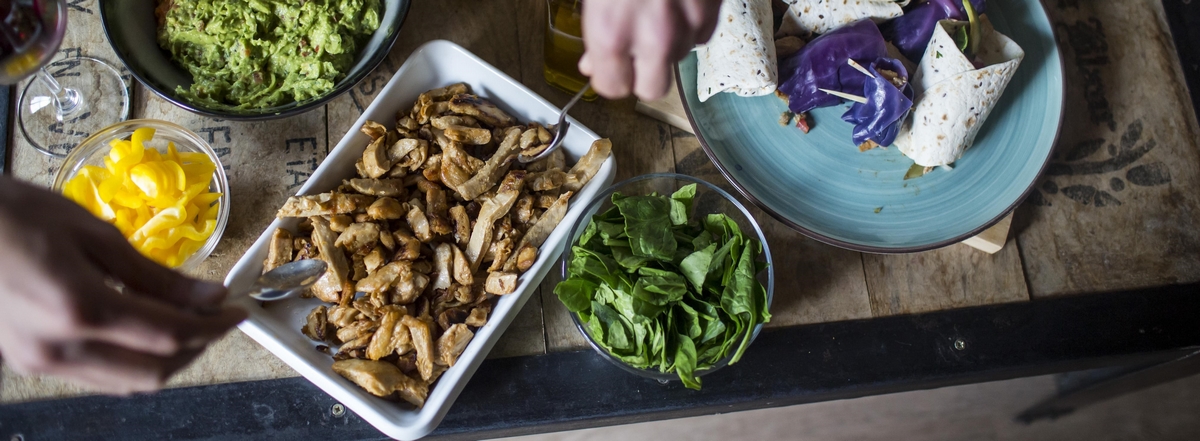
As the world is becoming aware of the extent of industrial farming’s impact, more and more forward-thinking companies are starting to work on ways to replace livestock as a source of nutrition. Foods for Tomorrow is one of them.
They’ve realised that breeding animals into existence, feeding them large quantities of corn, soy and grains only to slaughter them ahead of time is not only unethical but also extremely inefficient and unsustainable. They started looking for a solution that could be scaled and sustained as the Earth’s population grows and more and more people need to be fed. They created Heura, a plant-based product that serves as an alternative to traditional protein sources, such as meat while being much healthier and a lot kinder to the environment and animals.
Heura is a soy-based fake meat that resembles chicken in its taste and texture. Its makers consider soy an ideal ingredient from a nutritional point of view, as it contains high amounts of protein, fibre and iron and is very low in saturated fats. Most importantly, it can be produced with a much lower environmental impact than meat.
Foods for Tomorrow has won several product innovation awards like that of the Basque Culinary Center in 2018. Thanks to its versatility, great taste and texture, restaurants in Spain have started putting Heura on their menus. You can find their product in places like the noodle chain Udon, Brasería Flo in Barcelona and the world-famous three Michelin star restaurant El Celler de Can Roca in Girona. So far, it has only been available for purchase in local health food stores and chains like La Sirena, but, if all goes to plan, 2019 will be the year when Heura makes it onto the shelves of major supermarkets, too.
The startup launched by animal activist Marc Coloma in 2017 with a clear social, environmental and ethical mission. Foods for Tomorrow is built on the firm belief that our habits and our systems can be changed, that food production doesn’t have to be detrimental to the environment (and we can keep our taste buds happy, too). The plant-based food industry is on a global growth spurt. Will Foods for Tomorrow become one of the big players?
Have doubts about starting a company in Barcelona? Here are the top reasons why you should launch your business here.

